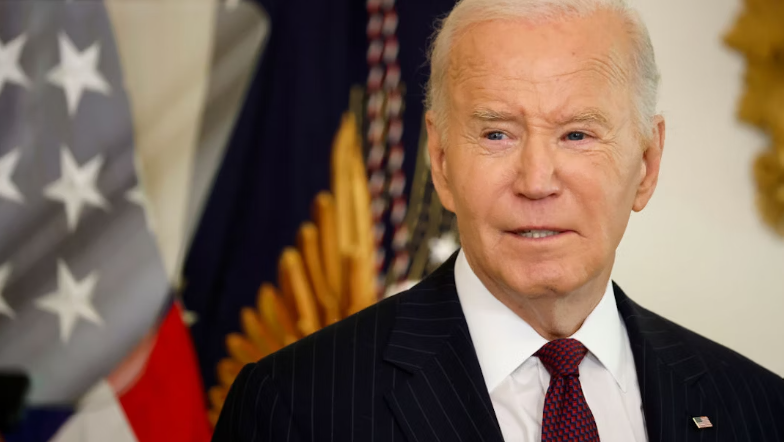Biden Commuted Sentence Of ‘Non-Violent’ Drug Dealer Convicted In Killings Of Mother, 8-Year-Old
In a controversial move during his final days in office, former President Joe Biden commuted the sentence of Adrian Peeler, a Connecticut drug dealer convicted in connection with the 1999 murders of Karen Clarke and her eight-year-old son, Leroy “BJ” Brown. This decision has ignited widespread criticism, including from members of Biden’s own party.
Background of the Case
In January 1999, Clarke and her son were fatally shot in their Bridgeport apartment, just weeks before they were scheduled to testify against Peeler’s brother, Russell Peeler, who was accused of murdering Clarke’s boyfriend in front of the young boy. Adrian Peeler was convicted of conspiracy to commit murder and received a 25-year state prison sentence, in addition to a 35-year federal sentence for drug trafficking.
Clemency Decision and Its Implications
As part of a broader clemency initiative, Biden commuted the sentences of nearly 2,500 individuals convicted of non-violent drug offenses, including Peeler. This action has been met with significant backlash, particularly given Peeler’s involvement in the double homicide. Senator Richard Blumenthal (D-CT) expressed his dismay, stating, “It seems to me that someone dropped the ball here to let this person get released.” He further emphasized the need to reevaluate the pardon system to prevent such oversights.
Victims’ Families React
The families of the victims have voiced profound distress over the commutation. Oswald Clarke, brother of the slain Karen Clarke, described the decision as “shocking” and stated, “My family is very distraught about it. It’s like we’re being traumatized all over again.”
Political Ramifications
This clemency decision has not only drawn ire from the victims’ families and local communities but has also sparked criticism from political figures across the spectrum. The controversy underscores the complexities and potential pitfalls of broad clemency initiatives, especially when individuals with violent crime connections are included.
As the debate continues, this case highlights the delicate balance between criminal justice reform and ensuring justice for victims and their families.

